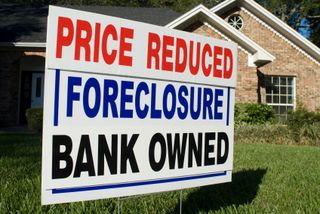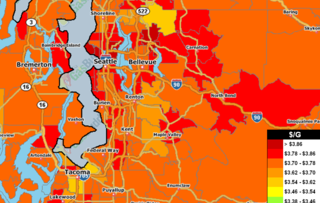Even though this week is another short one from yesterday's holiday, it's packed full of economic indicators that may impact mortgage rates:
Tuesday, January 3: ISM Index and FOMC Minutes released.
Thursday, January 5: Initial Jobless Claims and ISM Services Index
Friday, January 6: THE JOBS REPORT
Positive economic data tends to cause mortgage rates to trend higher. This is because investors will pull money from the safety of bonds (like mortgage backed securities) for a possibly better return with stocks. The reverse is also true. Also remember that mortgage rates can and do change often, sometimes several times a day.
As I write this post, the ISM Index has already been released this morning revealing stronger manufacturing data than anticipated. The DOW is up around 240 and MBS (mortgage backed securities) are "in the red".
For your personal mortgage rate quote for your home located in greater Seattle, Bellevue, Walla Walla or anywhere in Washington State, please contact me.
Happy New Year!











Recent Comments